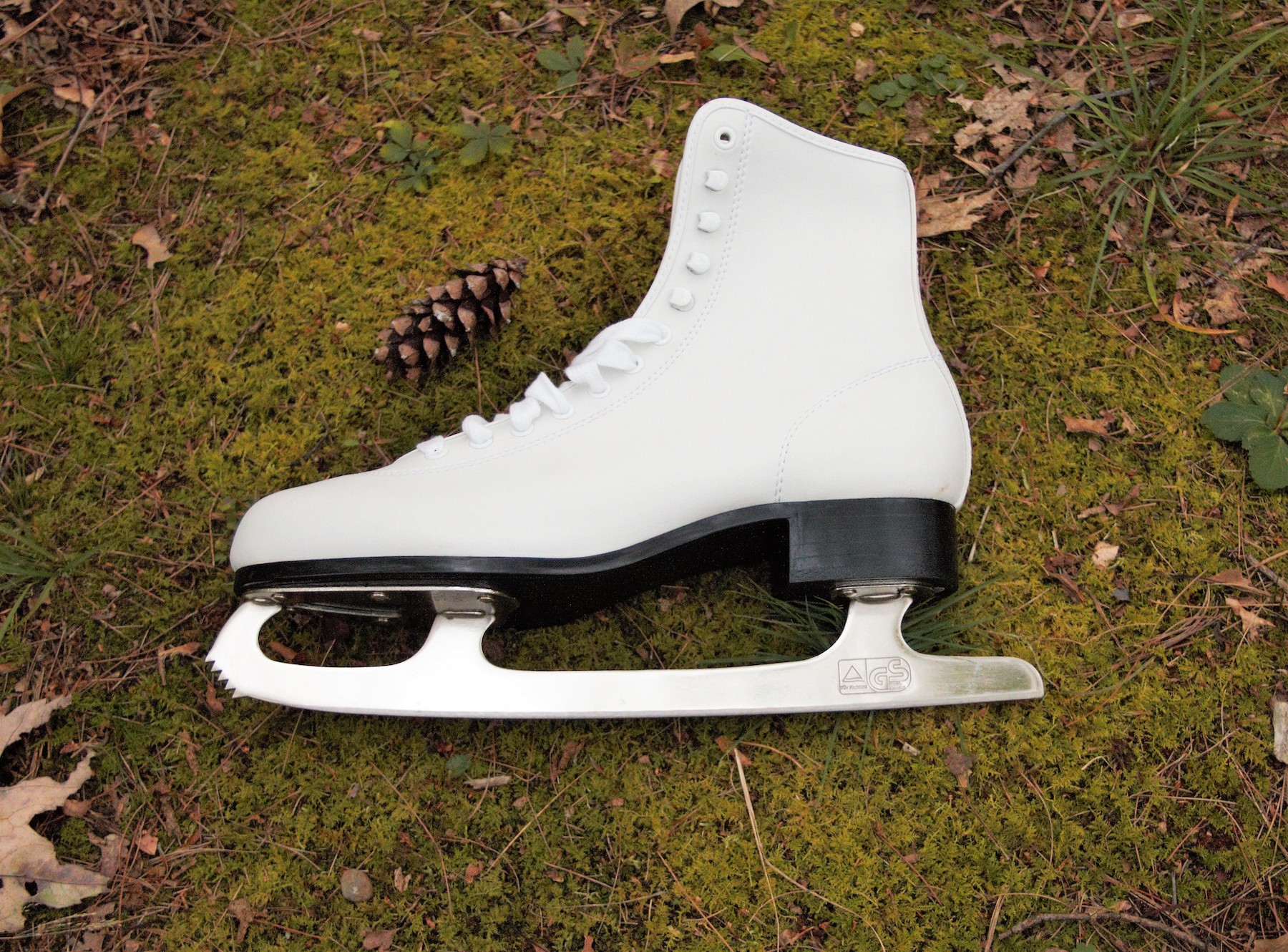The show makeup plastered on the faces of figure skaters often hides more than just cosmetic imperfections. While figure skating is frequently associated with elegance and agility, the world of competitive skating can be just as harmful as movies like I, Tonya make it out to be. Over the course of my nine years as a skater, the ongoing pressure to work harder, look better, and finish stronger turned my love for the sport into a complicated “love-hate” relationship. It was not until this past week, however, when I laced up my skates for the first time in over a year in Montreal’s iconic Parc La Fontaine, that I realized just how many of these negative feelings were towards the environment in which I skated rather than the sport itself. Although the world of competitive figure skating must reduce the pressure it places on its athletes, prioritizing recreation and enjoyment requires a greater cultural shift beyond the realm of sports, and starts at an individual level.
Despite my love for skating, the constant pressure and intense commitment pushed me to retire from the sport fairly early. I had hoped that hanging up my skates would also eliminate my propensity for pushing aside other interests to match my achievements and physique to those of the athletes around me, but this was not the case. My final curtsy on the ice did not signal a farewell to the “no pain, no gain” mindset. After coming to McGill, I quickly realized that the self-induced pressure was not a product of the figure skating environment alone: The figure skating culture, which led me to believe that pressure and intensity were necessary to achieve success and fulfillment, dominates academia as well.
It would be wrong to say that figure skating is a toxic sport in its entirety. The hours I spent training both on and off the ice taught me valuable time management and social skills while fostering my ongoing love for fitness and sports. Nevertheless, the constant pressure to maintain a specific weight and skill level, which intensified with each medal I earned, is a product of the sport’s tendency to prioritize skill and athletic ability over mental health. By conditioning skaters to believe that success in the sport can only be achieved at the expense of their other hobbies and overall well-being, figure skating contributes to the notion that pursuing something for the sake of sheer enjoyment is pointless and a hindrance to personal achievement.
More professional skaters are shedding light on the harmful dynamics of the sport, which have been glossed over by the idea that specific body standards and rigorous training schedules are necessary for maximizing performance. However, prioritizing unattainable standards over personal contentment goes beyond the walls of the rink, and it cannot be combated by the testimonies of celebrity skaters alone.
Focussing on recreation and enjoyment does not mean throwing away the dedication that characterizes both figure skaters and McGill students alike. Similar to landing a new jump, the process of earning a degree from a prestigious university demands grit and determination. Yet, too often, students think they must push the courses and extracurricular activities that actually spark their interests to the academic backburner for the sake of getting As on their transcripts. Students should realize that not everything worthwhile and fulfilling needs to be accompanied by stress, pressure, and unwavering focus. Sometimes, pursuing something for the sake of pleasure is just as crucial to personal success as coming out on top.
Instigating a widespread cultural shift, both within and beyond the skating community, is unlikely to happen overnight. In the meantime, athletes and students should work to protect their love for various interests and hobbies from environments prone to fostering intense competition. For me, this meant dusting off my skates and stepping onto a frozen pond to rediscover my love for the ice.








This is an excellent article! Our mental health is too often ignored when we are focused on goals that are measured by standards of professional elitism. Well stated Michelle.